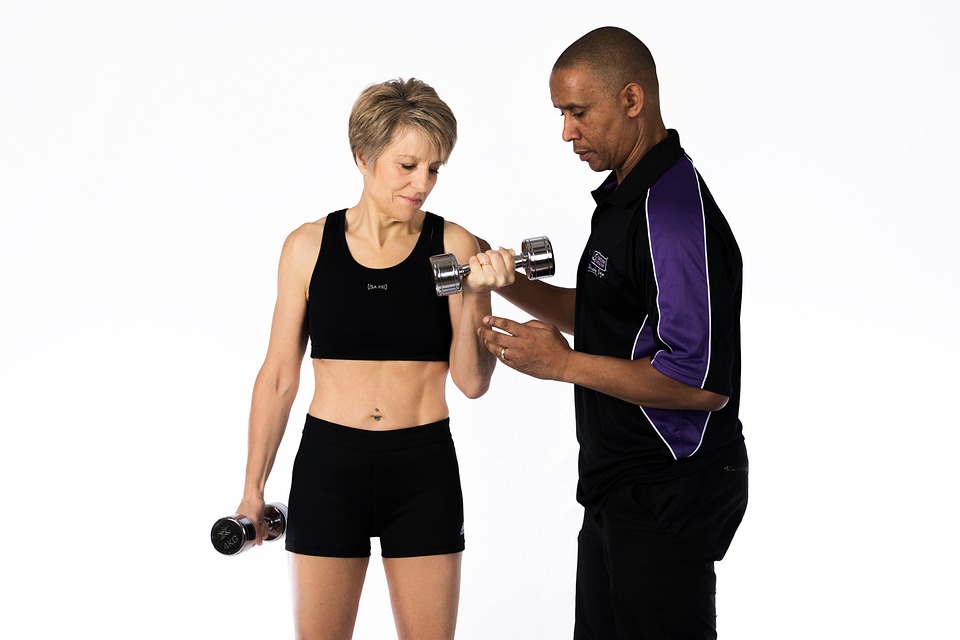 Choosing a fitness trainer shouldn’t be all that difficult.
Choosing a fitness trainer shouldn’t be all that difficult.
As I step out of my car and walk across the Rolland Moore Park pavilion towards two potential clients, I see them eyeing me. Maybe they’re trying to get a feel for my personality by judging the kind of car I drive or my training clothes. Perhaps they’re trying to figure out if I walk the walk or just talk the talk—does my physique fit their image of fitness? Maybe they’re even forming an opinion about me based on my appearance, the way I speak, or my mannerisms.
Fitness Trainer Questions
Perhaps you find yourself in a similar position—is choosing a fitness trainer about personality, age, or gender? Is it about work ethic or similar fitness ideals? What should potential clients need to know about the person they choose? Are there “deal-breaker” questions? Does it matter if a fitness trainer doesn’t actually possess any education in exercise fitness, physiology, or nutrition? If you are in the market for a personal fitness trainer, get answers for yourself and hire the trainer with the answers that most closely match the following suggestions.
First of all, fitness trainers are not workout buddies. Rather, a professional trainer listens to your personal needs and goals; assesses your physical fitness; designs a means of tracking your progress; motivates, pushes, or otherwise inspires you to keep moving forward; and then creates or builds a program specifically for you. The level of expertise, professional training, and education required by these tasks is nothing to sneeze at.
Fitness Trainer Education
Ask your trainer if they are a certified fitness trainer. Some highly regarded certification fitness associations include the ISSA, ACSM, the National Academy of Sports Medicine, and the National Strength and Conditioning Association. If your potential trainer is a certified Strength and Conditioning Specialist or a Health Fitness Specialist and CPR certified, you’re off to a great start.
What about college? Of course, it’s possible to be a certified fitness trainer without a four-year major in health, fitness, and/or wellness program. But, any preliminary or additional college-level education certainly takes a prospective trainer up a notch or two above the competition. Also, trainers who get excited about fitness-oriented seminars, training opportunities, and/or alternate industry certifications should be kept on the potential trainer list. If they’re interested in bettering themselves they‘re probably genuinely interested in bettering you and your fitness too.
How To Track Success
Why all of the hoopla about recordkeeping and accountability? The ability to track a client’s progress in a concrete, easy-to-understand way often separates good personal fitness trainers from great ones. It’s not as easy as it sounds. Ask a fitness trainer how he/she plans to map your fitness. Will you get copies of workouts to do in-home workouts and do on your own? Will the trainer use a computer program to track your progress? Get a clear image of how training will “look” with anyone you’re serious about hiring. If a trainer can’t give you a clear, concise response to these questions (or better yet, show you actual examples of model workouts, readouts, etc.) take them out of the running.
Conclusion
Lastly, how serious is your fitness trainer about you? Does this trainer give undivided attention to you during the personal time you pay for? Or does he/she speak to other gym members while you struggle through the last chin-up, lose count of reps, and/or come unprepared to train you (“Let’s just wing it today…”). Your health and fitness are important to you. It should be important to your trainer too.
